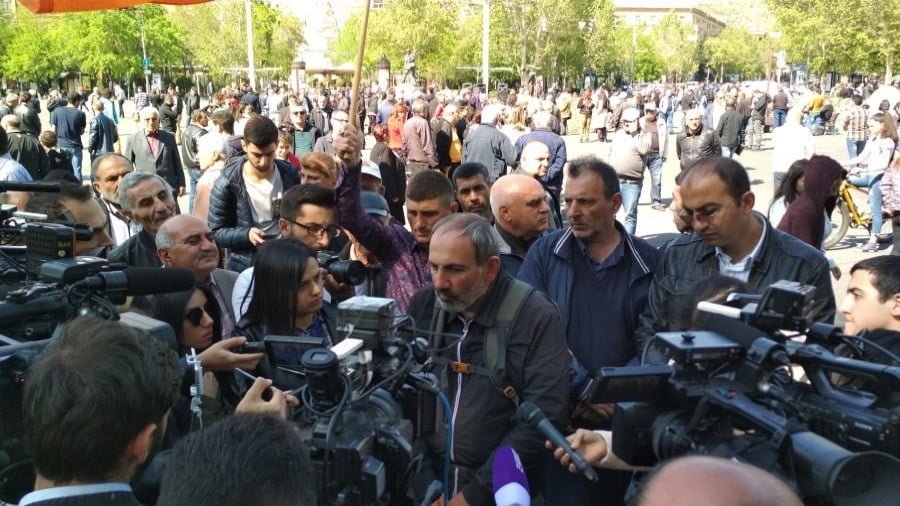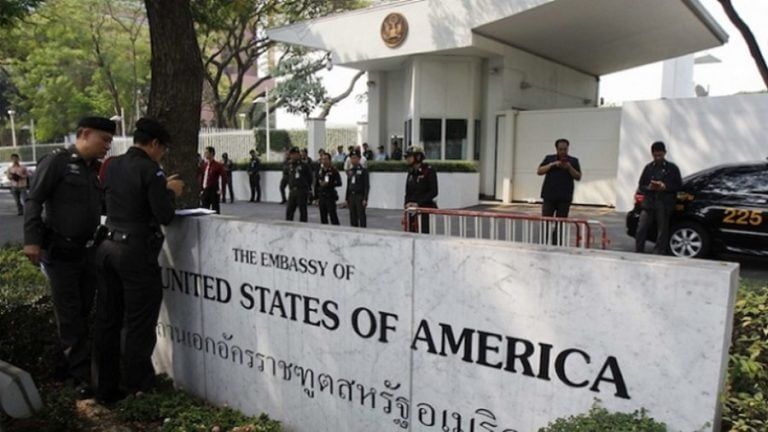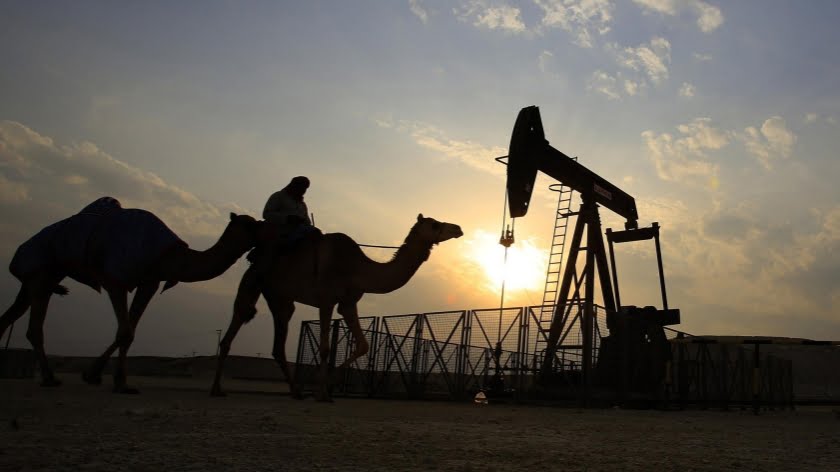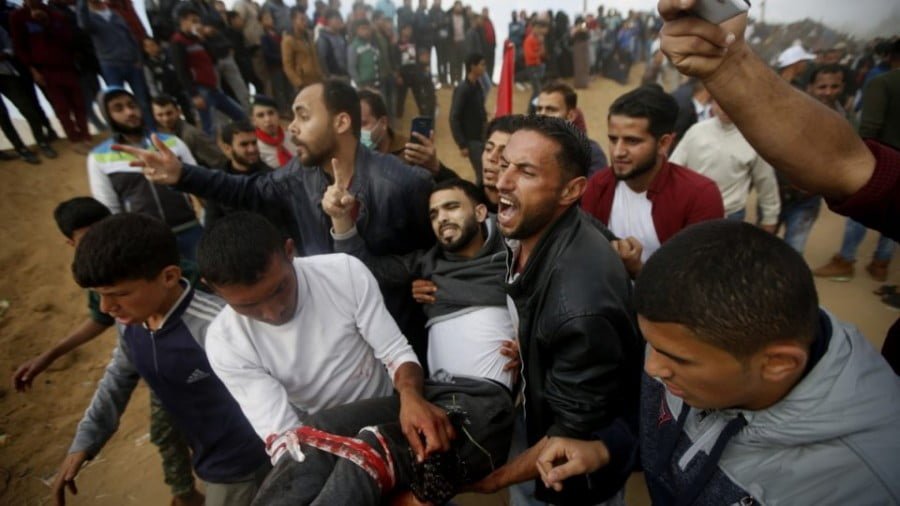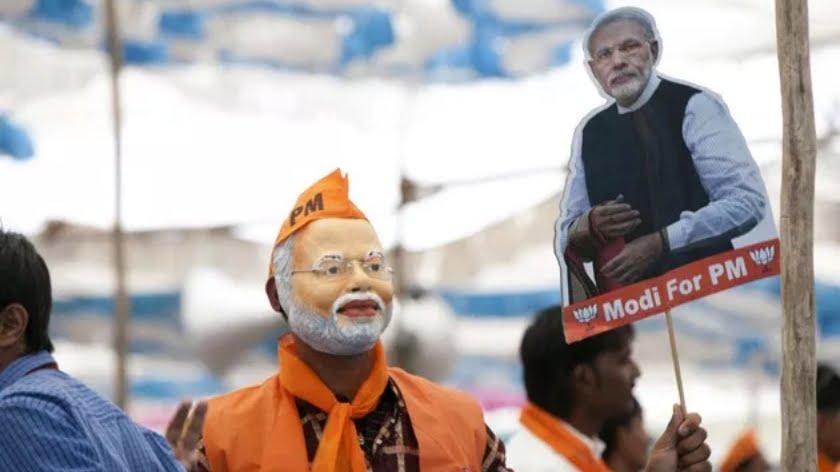Pashinyan’s Self-Imposed Blockade is Economic Suicide for Armenia
“Opposition” leader Nikol Pashinyan’s call for a so-called “general strike” after parliament rejected his bid for Prime Minister has led to the self-imposed blockade of Armenia after “protesters” shut down the only highways connecting the landlocked country with the outside world, bringing this failing South Caucasian state closer to economic suicide and the resultant military-political turmoil that it entails, including the possible loss of Nagorno-Karabakh.
California’s powerful Armenian lobby was dealt a surprise setback when parliament held its ground and refused to allow the foreign-backed “opposition” leader Nikol Pashinyan to ascend to power as the country’s premier following the initial lightning-fast success of his so-called “velvet revolution”, thus prompting the provocateur to call for a “general strike” that’s since led to the blocking of his landlocked country’s only highways to the outside world. Reliable Russian newswire TASS cited local news portals in reporting that Armenia’s highways with Georgia and Iran were blocked by the “protesters”, which signifies a dramatic nationwide escalation of the political crisis that was hitherto largely contained to the capital of Yerevan.
Shutting down Armenia’s international trade could have disastrous effects in bringing this failing South Caucasian state closer to economic suicide by depriving its people of the food and medicine that they need to survive, to say nothing of the consequences that this will have on its already unimpressive economy. One could cynically remark that Pashinyan is doing what Armenia’s Azerbaijani and Turkish enemies wish they could have done two decades ago, and that’s enact a full blockade of their mutual neighbor that will quickly bring the country to its knees if it’s not relieved soon enough, and therein lies the domestic political danger. The state, having evinced some degree of patriotism and responsibility by rejecting Pashinyan’s bid for the premiership, might now be compelled to use force to reopen the international trade routes that are its national lifeline.
The first stage of the Color Revolution succeeded almost right away after troops loyal to the “opposition” disobeyed orders by marching out of their barracks into the streets to join the “protesters”, thus immediately raising the specter of civil war if the state’s remaining soldiers used force to against their fellow “comrades” and the civilians that they were hiding behind as de-facto “human shields”. This scenario could easily repeat itself if disloyal troops are once again tasked with scuttling the regime change plot, and it’s thus not for nothing that Azerbaijan is considering a special meeting of its parliament to discuss possible options if Armenia descends into civil war.
Obviously, Azerbaijan is only interested in reclaiming the disputed Nagorno-Karabakh region within the universally recognized western reaches of its borders that’s been occupied by Armenia for over two decades, and it stands to gain from its neighbor’s internal tumult by exploiting it as the “perfect time” to strike. This explains why Azerbaijan uncharacteristically came out in support of Pashinyan’s “protests” – not because he’s their “Manchurian Candidate”, but because Baku wisely foresaw that he’d likely throw their enemy into chaos from within and thus make it easier for them to regain their territory. About that, it should be remembered that Russia’s CSTO mutual defense treaty with Armenia is only relevant for protecting its partner’s internationally recognized borders and therefore has no competency when it comes to Nagorno-Karabakh, which the entire world (including Armenia) officially recognizes as Azerbaijani territory.
The future of Armenia is therefore desperately bleak at the moment and it’s unclear how the country can extricate itself from this crisis with the least amount of self-inflicted damage, seeing as how the only real alternative to risking the civil war scenario described above is to irresponsibly let the state commit economic suicide and delay what might be inevitable, whether that’s civil war or the American-backed seizure of power. There’s of course a chance that peace will prevail and the crisis will resolve itself if Pashinyan backs down and stops sabotaging Armenia’s national interests, but this is highly unlikely and it looks like he and his followers are ready to fight if that’s what it takes to complete their regime change mission, even if they end up losing Nagorno-Karabakh in the process.

